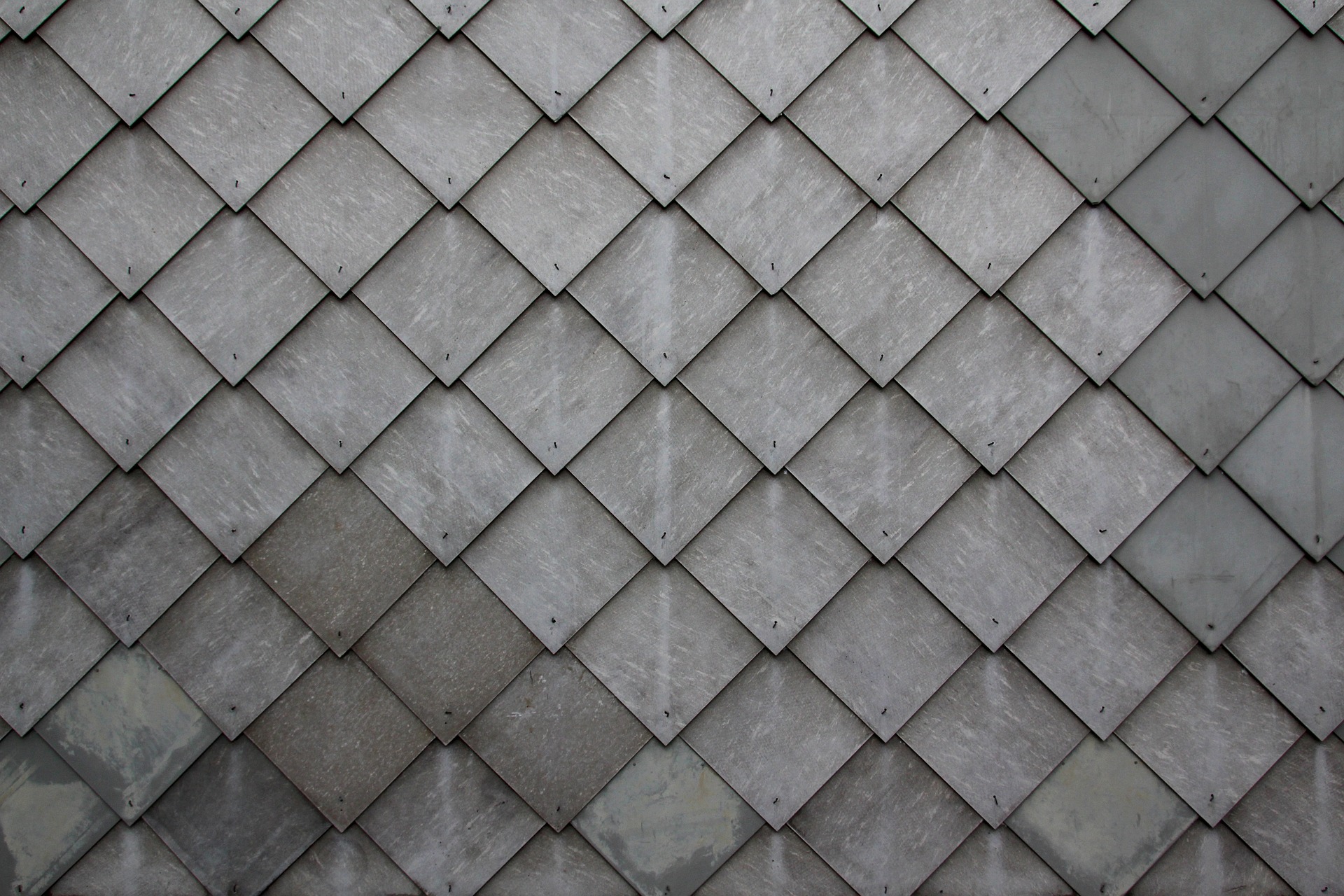When it comes to maintaining the integrity and value of a commercial building, the roof plays a pivotal role. But exactly what is commercial roofing? In this guide, we’ll explore the fundamentals of commercial roofing, its importance, the different types of commercial roofing systems, and how to choose the best one for your business needs.
Understanding Commercial Roofing
“Commercial roofing” refers to the materials and techniques used to construct, repair, and maintain the roofs of commercial buildings such as offices, warehouses, retail stores, and other large structures. Unlike residential roofing, commercial roofing systems are designed to accommodate the size, shape, and function of commercial properties.
The Importance of Commercial Roofing
A well-maintained commercial roof is crucial for several reasons:
- **Protection:** It safeguards the building and its contents from weather elements, including rain, snow, wind, and extreme temperatures.
- **Energy Efficiency:** Modern commercial roofing systems can improve energy efficiency by providing better insulation and reducing heating and cooling costs.
- **Longevity:** A quality roof extends the lifespan of the building by preventing structural damage and minimizing repair costs.
- **Aesthetic Appeal:** The roof contributes to the overall look of the building, impacting its curb appeal and value.
Types of Commercial Roofing Systems
Choosing the right commercial roofing system depends on various factors such as the building’s structure, budget, and environmental considerations. Here are some of the most common types:
- **Built-Up Roofing (BUR)**
Built-up roofing, or BUR, is one of the oldest and most reliable commercial roofing systems. It consists of multiple layers of bitumen (asphalt) and reinforcing fabrics. BUR is known for its durability, UV resistance, and waterproofing capabilities. - **Modified Bitumen Roofing**
Similar to BUR, modified bitumen roofing uses asphalt-based sheets with added polymers for enhanced performance. It offers excellent flexibility and resistance to extreme weather conditions, making it a popular choice for flat or low-slope roofs. - **Thermoplastic Olefin (TPO) Roofing**
TPO roofing is a single-ply membrane known for its energy efficiency and heat-reflective properties. It’s lightweight, easy to install, and resistant to UV rays, chemical exposure, and punctures, making it ideal for a wide range of commercial applications. - **Ethylene Propylene Diene Monomer (EPDM) Roofing**
EPDM roofing is a durable, synthetic rubber membrane used in low-slope buildings. It is highly resistant to UV radiation, ozone, and weathering, providing long-lasting protection and flexibility. - **Metal Roofing**
Metal roofing systems, made from materials such as steel, aluminum, or copper, are renowned for their strength, longevity, and aesthetic appeal. They are suitable for steepslope roofs and offer excellent resistance to fire, wind, and impact damage. - **Polyvinyl Chloride (PVC) Roofing**
PVC roofing membranes are known for their durability, chemical resistance, and energy efficiency. They are highly reflective, reducing cooling costs, and are resistant to punctures and various weather conditions.
How to Choose the Best Commercial Roofing System
Selecting the right commercial roofing system involves considering several key factors:
- Building Structure: Assess the building’s design, including the slope and size of the roof, to determine the most suitable roofing system.
- Climate: Consider local weather conditions and choose a roofing material that can withstand extreme temperatures, heavy snowfall, or high winds.
- Budget: Evaluate the installation, maintenance, and lifecycle costs of different roofing systems to find an option that fits your budget.
- Energy Efficiency: Look for roofing materials with high reflectivity and insulation properties to enhance energy efficiency and reduce operational costs.
- Durability: Choose a roofing system with a proven track record of durability and minimal maintenance requirements to ensure long-term performance.
Understanding what commercial roofing is and its significance can help you make informed decisions for your commercial property. Investing in the right roofing system not only protects your building but also enhances its energy efficiency, durability, and aesthetic appeal.
If you have any questions or need professional advice on commercial roofing, don’t hesitate to contact us.
—
Contact Us
Skyline Roofing & Solar
9250 E. Costilla Ave #110
Phone: (303) 433-2233
Email: info@skylineroofingandsolar.com
Website: www.skylineroofingandsolar.com
Follow us on social media for more tips and updates on commercial roofing!

